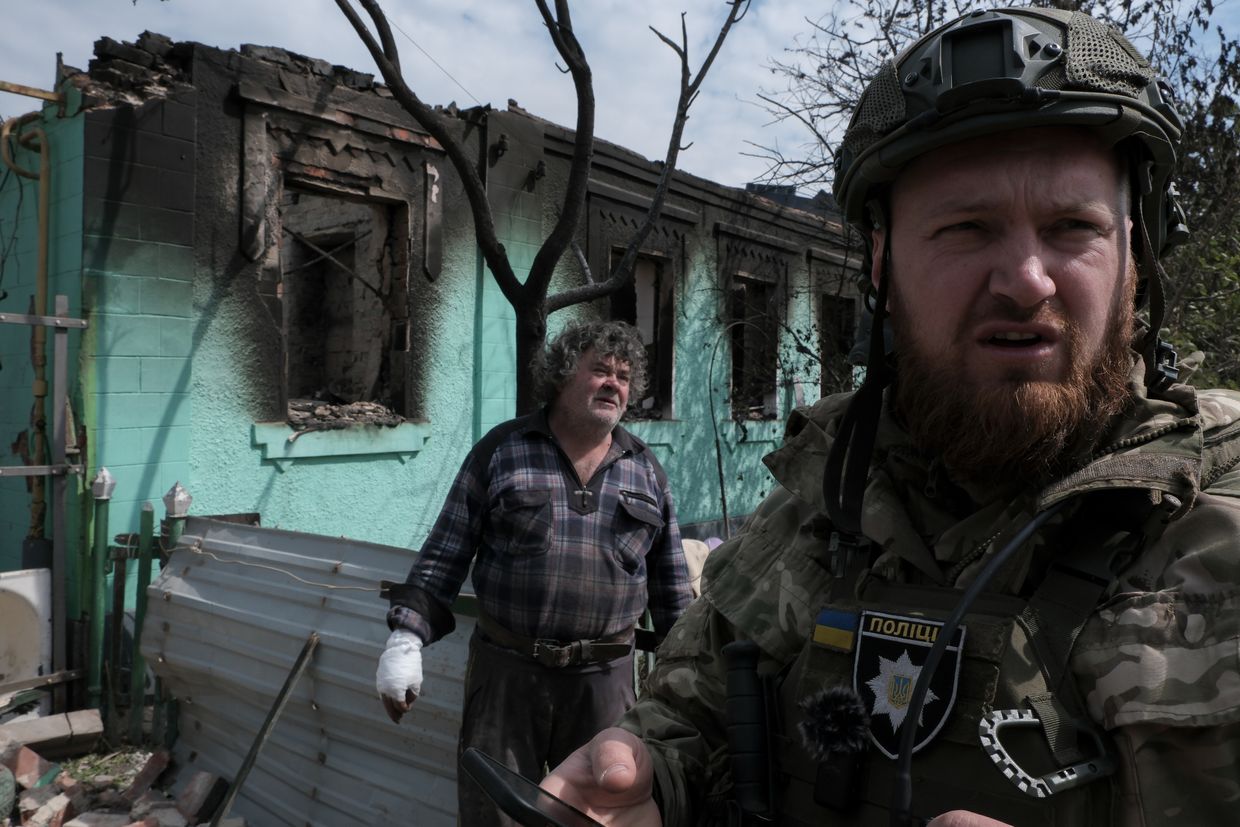US State Department does not anticipate Russian breakthrough toward Kharkiv

The U.S. State Department does "not anticipate any major breakthroughs" by Russia toward Kharkiv, but Russia may "make further advances in the coming weeks," Deputy Spokesperson Vedant Patel said during a press briefing on May 13.
Russian troops launched a new wave of offensive actions on May 10, mainly focusing on borderline settlements in Kharkiv Oblast.
The General Staff of Ukraine's Armed Forces said early on May 13 that Russia had "tactical success" in the battle for Vovchansk, a town located 5 kilometers (3 miles) from the Russian border and around 50 kilometers (31 miles) northeast of the city of Kharkiv.
Evacuations of civilians in the region continue as Russian troops continue "to advance in certain directions," Kharkiv Oblast Governor Oleh Syniehubov said later on May 13.
Patel told the press that the State Department anticipates "that Russia will attempt to press forward within Kharkiv (Oblast) as well."
"It's possible that Russia will make further advances in the coming weeks," Patel said, but added that we do not anticipate any major breakthroughs.
"Over time, the additional influx of U.S. assistance and continued support from partners will enable Ukraine to continue to withstand this kind of aggression."
U.S. President Joe Biden authorized a $400 million military aid package for Ukraine on May 10, after Congress approved a long-awaited $61 billion spending bill for Kyiv in April.
The $400 million defense aid package includes ammunition for Patriot and NASAMS air defenses, Stinger anti-aircraft missiles, HIMARS systems and ammunition, 155 mm and 105 mm artillery shells, and equipment to integrate Western launchers, missiles, and radars with Ukrainian systems.
"Ukraine retains the key advantages in this fight, and its military remains a brave and effective fighting force that is imposing significant costs on the Russian military," Patel said.













